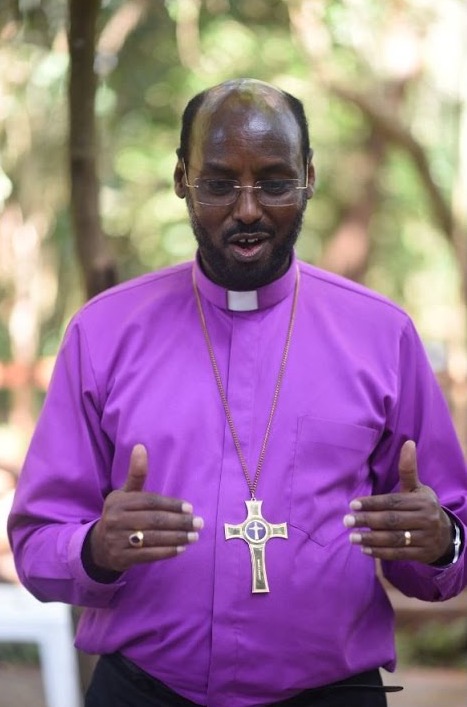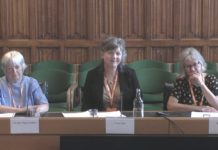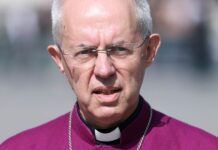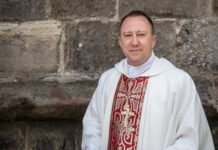Anglican bishops, scientists and theological educators have gathered in Kenya to explore the theme “Science and Faith for Enriching Human Life” from Aug. 7-10. The aim has been to discuss ways in which faith and science communities can work together to build understanding of the world around us and respond to the needs of people and planet.
The conversations are an important part of the development of the Anglican Communion Science Commission, which was launched at the Lambeth Conference in 2022.
Hosted by Bishop Joseph Galgalo at Saint Julian’s Centre in the Anglican Church of Kenya, the meeting is the first of three deliberative workshops, the others due to be run in the West Indies and Oceania between August 2023 and February 2024. The workshops aim to gather Anglican views from across these representative regions on matters of science and faith and co-create priorities with the Science Commission for the decade ahead.
The Kenya workshop discussed a range of themes, including understanding different knowledge systems, the interplay of faith and science, the ways in which science does or could contribute to the work of the church, exploring examples of practical partnerships between science and faith communities such as the response to the COVID-19 pandemic and the importance of learning from Indigenous communities in developing knowledge. Time was also given to discuss the Lambeth Call on Science and Faith, which is being explored during the Phase Three journey of the Lambeth Conference.
The process is being facilitated on behalf the Science Commission by a project called “Anglican Thought Leadership Around Science” and an international team of clergy and scientists. The Kenya workshop was facilitated by Jacquie Bay from the University of Auckland and Ednah Ojee from the University of Nairobi, with wider contributions from Galgalo; Andrew Briggs, a professor from the University of Oxford, and Heather Payne from the Anglican Church in Wales. Stephen Spencer, adviser on theological education based at the Anglican Communion Office, also supported the consultation. Planning contributions included teams from the West Indies and Oceania and support from the International Science Council.
“The vision for the Science Commission is to inspire courageous and confident thought leadership about issues involving science in church communities around the world and bring the wisdom of faith to scientific debate,” Briggs said “There is so much that the commission will be able to achieve for the betterment of human life and flourishing. I am delighted that so many people from around the world will be taking part in these workshops in the months ahead.”
Bay added: “In shaping this project and work of the Anglican Communion Science Commission, it’s vital that we gather insights and experiences from across the communion. This week’s workshop has enabled us to hear from participants about the many ways in which their churches regularly play an important role as ‘science communicators’ in community life. From growing vaccine awareness during the pandemic, or mobilizing communities in response to environmental crisis, collaboration between faith, science and community can be of huge benefit to the common good. These workshops are showing how much impact the Science Commission could have in growing thought leadership and confidence in science among churches of the Anglican Communion.”
And Galgalo said: “The Anglican Church of Kenya has been delighted to welcome friends from around the world to take part in this important gathering. A big part of our conversation has focused how the Anglican Communion Science Commission could help churches think theologically about the relationship of faith and science. We have explored how science is a knowledge system that’s a God-given gift to help us understand and treasure God’s world. As the work of the commission takes shape, our hope is that churches can find ways to learn from the science community in responding to human need – and offer the wisdom of faith to ethical considerations in scientific discovery.”
The next workshop will meet in November in Kingston, Jamaica.




[…] Source link […]
[…] Source […]
[…] Source […]